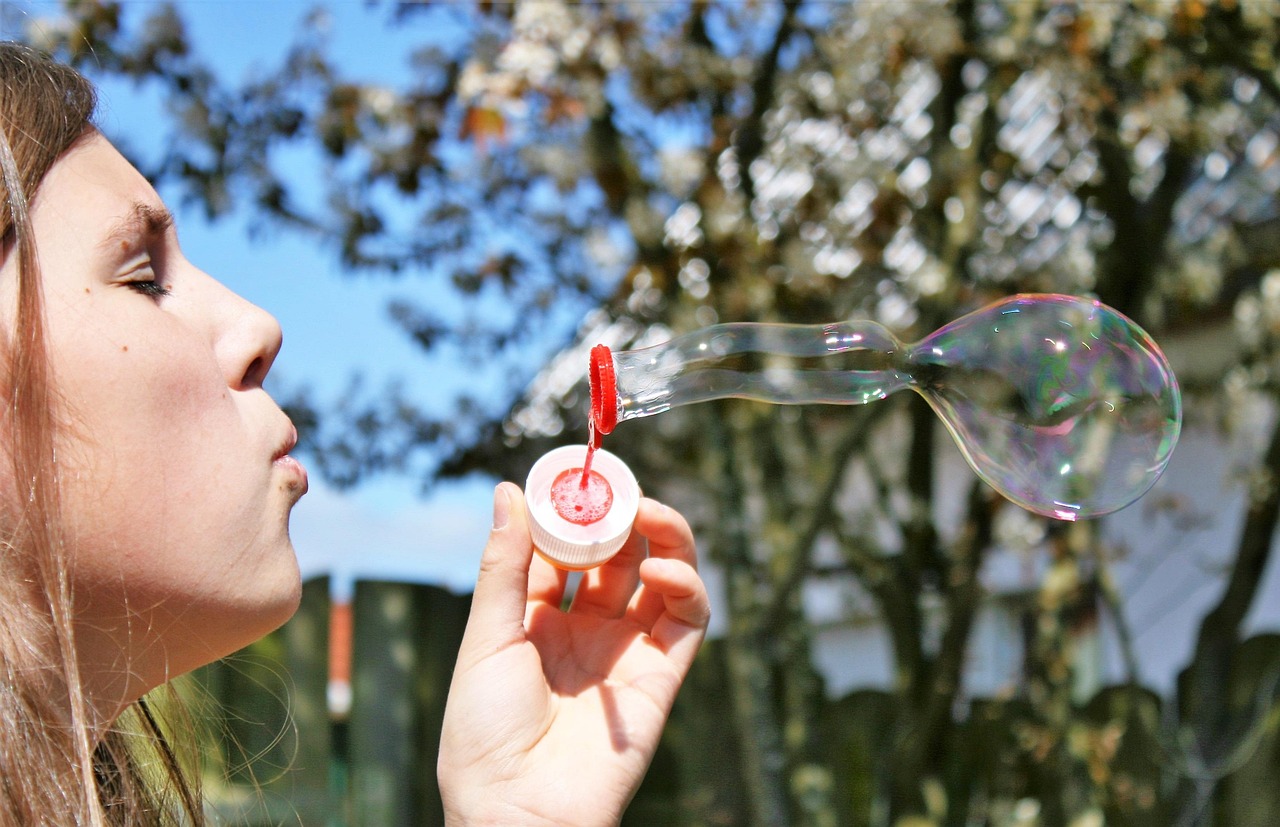What comes up for you when you think about doing nothing? What if your therapist told you to do nothing?
Our society values efficiency, productivity, success, and multi-tasking, and I know I have fallen hook, line, and sinker for this. As a working parent, I am constantly trying to maximize my time–and it’s slowing making my mental health worse. I’m less patient, less empathetic, and less focused. And I’ve lost any feelings of spaciousness and lightness.
I talk day in and day out with parents about holding space, absorbing emotions, and staying mindful and focused with our kids. Yet, I spend so much of my day feeling like one more thing can push me over the edge, which ultimately makes it hard for me to hold space and absorb emotions. So much of the time, kids just need us to be present, focused on them, and regulated. But everything I’m trying to juggle in life takes me further from these qualities. How can I slow down, be present, and be regulated enough to be unruffled by my toddler’s (sometimes absurd) tantrums? I don’t always know the how of getting there–being unruffled by a tantrum, but I know the why. It will enhance my connection with my son and my empathy for him when he throws himself on the ground crying because I took the hairspray bottle away from him. And, it will help him see that we have a choice in how we respond to life’s demands and stressors. We can keep going at 100 miles an hour swiftly crossing off to-dos and doling out advice and solutions, or we can choose to pause, to not do that task right away, and to not solve a problem right away–even if we see a clear solution.
I’m calling this “do nothing” because to me, it is resisting the urge to constantly be productive, make life exciting, or “fix” things.
Ways to “do nothing” with our kids:
- Play what your child wants to play, without introducing any storyline or expectations, without altering the play, and without needing to “accomplish” anything in the play
- Reflect what your child is doing without any value judgments (i.e., say “you’re really focused on building a tower!” vs. “I love how focused you are on building the tower!”)
- Do what your child does (that’s right, just mimic them)
- Eat together at the table and consciously enjoy this togetherness; let those thoughts about the dishes or bedtime go
- Go outside and don’t place any expectations on how long you will walk or how far you will go
- Hold space and stay calm while your child melts down; don’t try to reason with them or talk them out of their reaction or response
- Let your child be bored without feeling like you need to schedule something or come up with an activity for them
- Build or create something together without an end goal
- Ask questions rather than offer solutions if your child tells you they are struggling or they are feeling anxious
The second part of this is for us as parents to find what gives us space and makes room for us to be able to hold what our children need us to hold. Is it therapy? Happy hour with friends? A run? A nice meal? Yoga? A large cup of coffee and a quiet house?
Start paying attention to the ways we can create space in our lives. I believe the more we can create spaciousness for ourselves, the better able we will be to “do nothing.” And sometimes, our kids just need us to “do nothing” but be present.
Author
Dr. Danielle Mohr is a licensed psychologist at Wolff Child Psychology. She specializes in comprehensive evaluations for children, teens, and young adults, and she conducts regular individual and family sessions.

